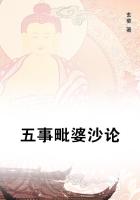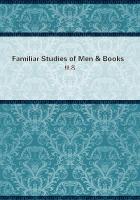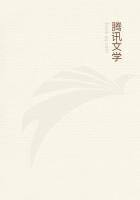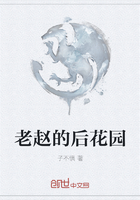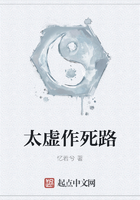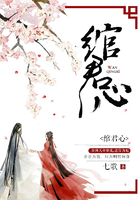Jacobi further states upon this subject, in the first place, that "Reason" - later on when he distinguished reason and understanding (of which more hereafter(5)), he altered it to understanding(6) - "can never bring to light more than the conditions of what is conditioned, natural laws and mechanism. We comprehend a thing when we can deduce it from its proximate causes,” and not from the remoter causes; the most remote and quite universal cause is always God. “Or” we know the thing if we “perceive its immediate conditions as they come in due succession. Thus, for instance, we comprehend a circle when we can clearly represent to ourselves the mechanism of its origination or its physical conditions; we know the syllogistic formul? when we have actually come to know the laws to which the human understanding is subject in judgment and conclusion, its physical nature and its mechanism. For this reason we have no conceptions of qualities as such, but only intuitions. Even of our present existence we have a feeling only, but no conceptions. Genuine conceptions we have merely of figure, number, position, movement and the forms of thought; qualities are known and understood, if they are traced back to these and objectively annulled.” This is undoubtedly really finite knowledge, which is to give the determinate conditions of anything determinate, to demonstrate it as resulting from another cause, in such a way that each condition is again conditioned and finite. Jacobi continues: “The business of reason is really progressive union and connection, and its speculative business is union and connection in accordance with the known laws of necessity, i.e. of identity. Everything that reason can bring forth by means of analysis, combination, judgment, conclusion, and re-conception, consists in nothing but things of nature” (i.e. finite things), “and reason itself, as a limited existence, belongs to these things. But the whole of nature, the sum of all conditioned existence, cannot reveal more to the investigating understanding than what is contained in it, namely, manifold existence, changes, a succession of forms” (the conditioned), “and not an actual beginning” (of the world), “nor a real principle of any objective existence."(7)But Jacobi in the second place here accepts reason in a wider sense and says: “If we understand by reason the principle of knowledge generally, it is the mind from which the whole living nature of man is constituted; through it man arises; he is a form which it has adopted.” With this Jacobi's view of the attempt to know the unconditioned is connected. “I take the whole human being and find that his consciousness is composed of two original conceptions, the conceptions of the conditioned and the unconditioned. Both are inseparably bound up with one another, and yet in such a way that the conception of the conditioned presupposes the conception of the unconditioned, and can be given in this alone. We are just as certain of its existence as we are of our own conditioned existence, or even more so. Since our conditioned existence rests on an infinitude of mediations, there is opened up to our investigation a vast field which, for the sake of our preservation even, we are forced to work upon.” It would, however, be quite another thing to wish to know the unconditioned apart from this practical end. However Jacobi here remarks, “To try to discover the conditions of the unconditioned, to find a possibility for absolute necessity, and to construct this last in order to be able to comprehend it, is what we undertake when we endeavour to make nature an existence comprehensible to us, i.e. a merely natural existence, and to bring the mechanism of the principle of mechanism into the light of day. For if everything which can be said to arise and be present in a way comprehensible to us, must arise and be present in a conditioned way, we remain, so long as we continue to comprehend, in a chain of conditioned conditions. Where this chain breaks off, we cease to comprehend, and there the connection which we call nature likewise ceases. The conception of the possibility of the outward existence of nature would thus be the conception of an absolute beginning or origin of nature; it would be the conception of the unconditioned itself in so far as it is a conditioning of nature not naturally connected, i.e. a conditioning of nature unconnected and unconditioned for us. Now should a conception of what is thus unconditioned and unconnected, and consequently supernatural, be possible, the unconditioned must cease to be unconditioned, it must itself receive conditions; and absolute necessity must commence to be possibility in order that it may allow itself to be constructed."(8) This is contradictory.
同类推荐
热门推荐
人鱼战后:安歇帝王的鬼后
作为海洋生物中最神秘的物种,作为海洋之子之一,音域宽厚、身手敏捷、聪明伶俐,然而真些足以让她继承皇位的优越条件却给她招来来了杀身之祸。但当她再次醒来,已是身在冷漠、血腥、和充满鬼的异世。对世事懵懂的她在无数次尝试中遍体鳞伤。而他的出现,给了她在成为强者道路上的勇气。她,他之间,也曾有猜忌,争执以及不信任,可当他们共同出入生死时,猜忌什么的全化为乌有,有的只是对彼此的全身心的托付、珍惜与信任。他和她历经生死所追求的真相,所灭的鬼族,竟和他们有着千丝万缕的联系。

